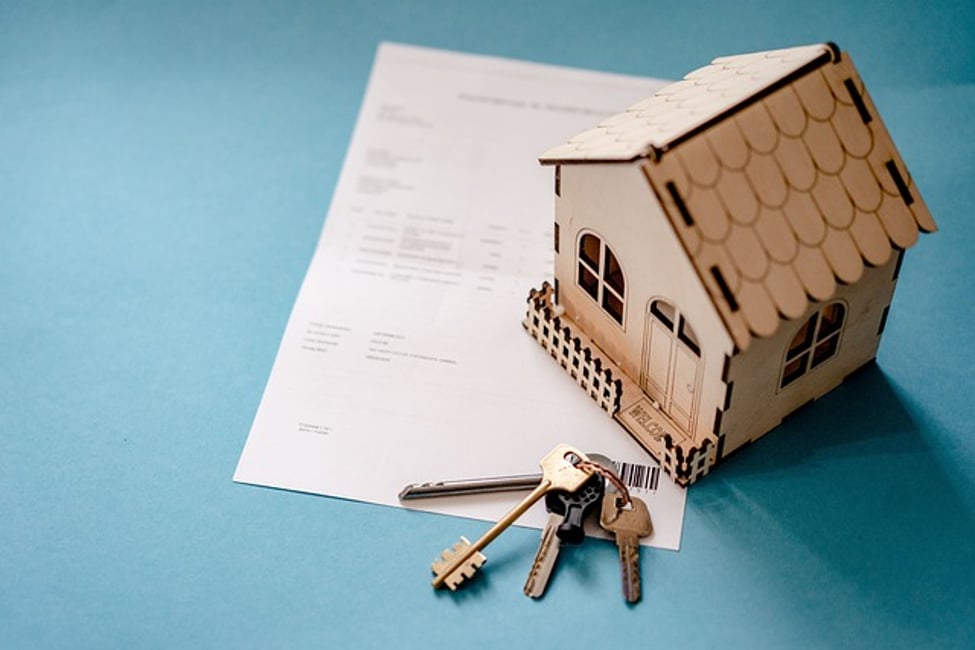When buying a property, your credit score can play a significant role in the mortgage process. A credit score is a three digit number that reflects your creditworthiness and is based on your credit history. It can determine whether you are approved for a mortgage and can also affect the interest rate you are offered. Here we will discuss how your credit score can affect you when buying a property.
1. Mortgage approval-Your credit score is one of the most important factors that lenders consider when approving a mortgage application. A high credit score is an indication that you have a good credit history and you are generally able to make payments on time. This means you a lower risk borrower, and lenders are more so likely to approve your mortgage application. On the other hand, a low credit score means that you have a poor credit history and are generally to default on your payments. This makes you a higher risk borrower and lenders can be hesitant to approve your mortgage application.
2. Interest rate-Your credit score can also affect the interest rate you are offered on your mortgage. A high credit score can result in a lower interest rate which can save you thousands of dollars over the time of your mortgage. On the other end a low credit score can result in a higher interest rate which can significantly increase the cost of your mortgage.Sometimes a difference of just a few points in your credit score can result in a difference of thousands of dollars in interest payments.
3. Down payment-Your credit score can also affect the amount of the down payment required by the lender. A high credit score can result in a lower down payment requirement, while a low credit score can result in a higher down payment requirement. This can make it more difficult for you to purchase a property if you have a low credit score.
4. Mortgage insurance-If you have a low credit score, you may be required to pay for mortgage insurance. Mortgage insurance protects the lender in case you default on your mortgage payments. This can add to the cost of your mortgage payments and your purchasing power can change to a lower purchase limit.
Negotiating power-Lastly, your credit score can also affect your negotiating power when buying a property. A high credit score can make you a more attractive borrower which can give you more leverage when negotiating the terms of your mortgage. On the other end, a low credit score can make it difficult for you to negotiate favourable terms as lenders may be less willing to work with you.
Your credit score can have a significant impact on your ability to purchase a property. It can affect whether you are approved for a mortgage, the interest rate you’re offered, the down payment required and your negotiating power. It is vital to maintain a good credit score by making payments on time and avoiding taking on too much debt. This can help you secure the best possible terms on your mortgage and ensure that you can afford the property of your dreams.

